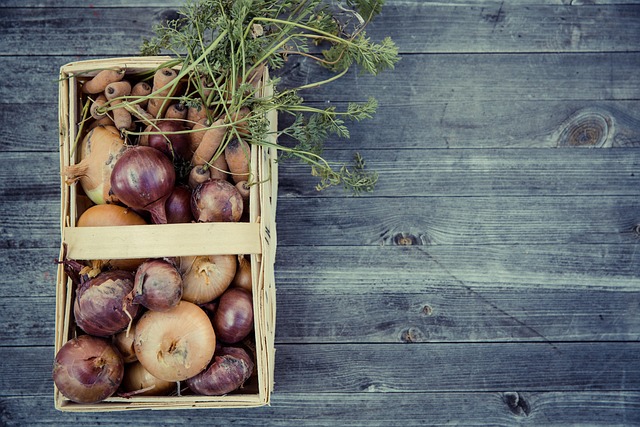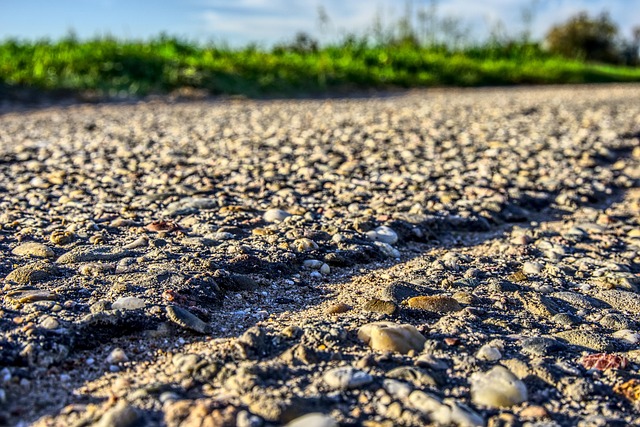When Disaster Strikes: Navigating Food Shortages in Extreme Weather Events
Extreme weather events are becoming increasingly frequent and intense, leaving communities grappling with more than just damaged infrastructure and disrupted daily lives. One of the most pressing and often overlooked consequences is the food shortage that follows in the wake of hurricanes, floods, wildfires, and droughts. For many, the feeling of scarcity and uncertainty when it comes to basic sustenance is deeply unsettling and can compound the stress of an already dire situation.
The Emotional Toll of Food Shortage During Crises
Imagine the anxiety of standing in long lines at food distribution centers, only to find the shelves are empty or the supply is limited. This scarcity chips away at our sense of security and control, reminding us of just how vulnerable our food systems are in times of crisis. The fear of not having enough food for your family isn’t just physical—it’s emotional, creating deep worry and sometimes even despair.
Why Food Shortages Happen in Extreme Weather Events
Extreme weather disrupts food supply chains in multiple ways. Floods can wash away crops ready for harvest, wildfires can destroy farmland and livestock, and hurricanes can cut off access to grocery stores by damaging roads and electrical infrastructure. Even a prolonged drought strains water supplies necessary for growing food, leading to reduced yields and higher prices. These disruptions create a domino effect, causing food shortages not just at the local level, but often across entire regions.
Ways to Prepare and Navigate Food Shortages
Preparation is key to weathering periods of scarcity. Establishing a food reserve with non-perishable items is a critical first step. Think beyond canned goods—freeze-dried foods, grains, nuts, and cooking essentials like oil and spices can provide nutritional balance and comfort during tough times.
Community resilience also plays a crucial role. Neighborhood food-sharing programs and cooperative gardening initiatives can provide supplemental resources. Sharing knowledge about preserving food, such as drying or fermenting vegetables, can keep food supplies fresh longer.
Adapting Mindsets for the Long Haul
Food shortages in extreme weather teach us the importance of adaptability and patience. During a crisis, unconventional meal planning—stretching existing supplies, using edible weeds or wild plants, and conserving food wisely—becomes a necessary skill. Building mental resilience is just as important as physical preparedness, as managing stress helps make clearer choices and keeps panic at bay.
Looking Ahead
The specter of food shortage in extreme weather events is a wake-up call for communities worldwide to rethink food security. Investing in sustainable farming, improving supply chain robustness, and fostering community solidarity are essential steps toward mitigating future risks. While we cannot control the weather, we can control how prepared we are, how we support one another, and how we respond when disaster strikes.




